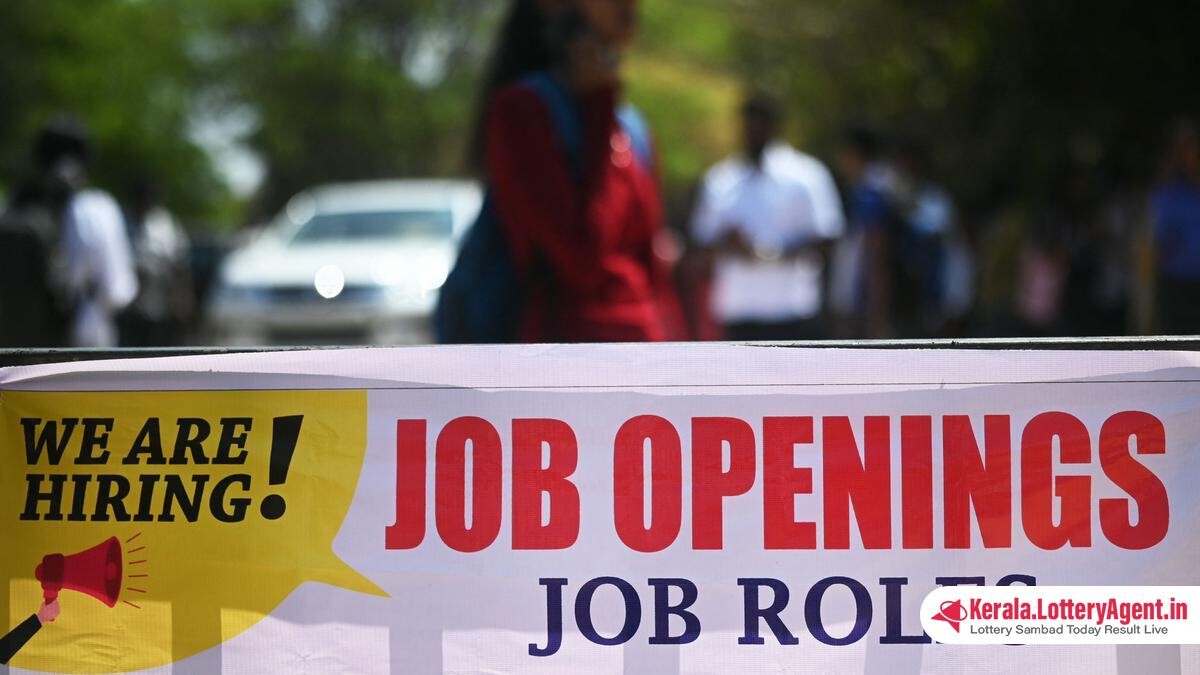
An undercurrent of fiscal distress compounded by an unforgiving job market and elevated prices of essential commodities has redefined the economic landscape of India. The recent CSDS-Lokniti pre-poll survey has revealed daunting challenges that confront the nation as it braces for forthcoming electoral battles—anxiety over price surge and employment scarcity has seeded widespread concerns, heralding a paradigm shift in both the political sphere and the socioeconomic fabric of the Indian democracy.
The survey delineates a stark reality: job acquisition in India has become exceedingly difficult with over 60% of surveyed participants echoing this sentiment. The unemployment chasm has transcended rural and urban divides, manifesting across all spatial dimensions. Large metropolitan areas, smaller cities, and rural expanses alike are grappling with this employment conundrum. Notably, the crisis further exacerbates gender inequality as the survey highlights a substantial decline in work opportunities for women, intensifying the vital discourse on economic viability as a predominant electoral subject.
Additionally, 71% of respondents signaled a considerable increase in prices over the last half-decade. A deeper dive into the data uncovers the disproportionate impact of this inflationary trend on impoverished, low-income brackets, and marginalized rural populations. Such findings illuminate the sobering pace at which economic disparities are escalating.
The economic plight does not exist in isolation; rather, it interweaves with intricate social fabrics. All societal strata acknowledge the dual pressure of unemployment and rising costs encroaching upon their livelihoods. However, marginalized communities such as Dalits, Adivasis, and Muslims articulate these issues more prominently. With 67% of Muslim respondents citing notable difficulties in job-seeking and expressing particular concern for price hikes at 76%, it is apparent how economic challenges filter through the lens of social identities. The survey’s revelations thus reinforce a broader notion of social justice encompassing aspirations for fiscal integrity alongside inherent equitable principles.
The intersectionality between economic adversity and political expectancy was further evident. Data indicates the populous holds both central and state governments accountable for the dwindling job prospects and inflating prices. This sentiment signifies two pivotal inferences: firstly, the rejection of laissez-faire governance and market autonomy, thus advocating for proactive state intervention to ensure egalitarianism. Secondly, the critique of transient welfare as opposed to structural change underlines the public’s yearning for policies fostering dignified employment rather than intermittent relief measures.
In the mosaic of Indian politics where myriad factors intersect, the impact of this economic disenchantment on the collective consciousness moves into the spotlight. The nation, on the cusp of another democratic exercise, is confronted with a populace that is recalibrating its expectations from the government and redefining the imperatives of economic dignity. As India forges ahead, the alignment of electoral outcomes with the emergent politics of economic integrity remains to be seen. This dialogue aligns with the broader quest to recalibrate the role of the state in addressing fundamental economic disparities and creating conducive conditions for a vibrant and inclusive labor landscape.
With a pivotal election on the horizon, the repercussions of these findings extend beyond immediate political fortunes—they form the contours of a narrative that will shape the trajectory of Indian democracy. To witness how this discourse of fiscal sustainability and communal justice influences the political theater marks a critical moment in the nation’s ongoing saga, with echoes that are likely to reverberate for years to come.












